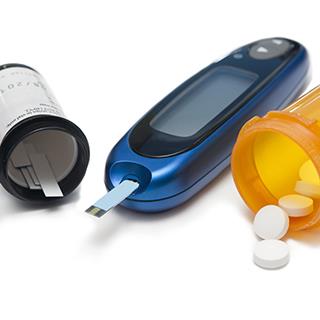
While daily aspirin helps prevent heart events, whether it should be widely used in patients without heart disease remains unclear, according to a recent review published in the American Heart Association journal Circulation.
This paper reviewed the latest evidence on both safety and efficacy of aspirin for the primary prevention of heart disease. Primary prevention refers to steps taken to reduce cardiovascular risk and to help delay or even prevent the development of heart disease. Secondary prevention, on the other hand, includes steps taken to prevent future events in patients already living with heart disease.
While the benefit of aspirin is undisputed in patients with heart disease, its use for primary prevention is much more controversial.
Aspirin, which helps thin the blood and prevent blood clots, significantly reduces risk for heart events like heart attack and stroke. However, it also increases risk for bleeding and other potentially serious complications. Balancing these risks and benefits can be challenging, according to authors.
For example, seven recent, large analyses showed that daily aspirin use in patients without heart disease helps reduce risk for heart events by 10–13%. Daily aspirin use was also associated with a small reduction in risk for death in some of these studies.
But these same analyses also showed that aspirin increased risk for major bleeding by 55–69% and increased risk for hemorrhagic stroke by 33–43%. Authors also note that in these studies, the risk of bleeding with aspirin was five times higher in patients with greater cardiovascular risk than those with lower risk.
Authors found similar results when it came to patients with diabetes, who have especially high risk for heart disease. Since patients with diabetes are at increased risk for heart disease, some guidelines recommend aspirin use in this high-risk population. However, authors note that few analyses support these recommendations.
The good news, as authors explain, is that ongoing clinical trials are designed to improve our understanding of aspirin and primary prevention. These results will help guide future guidelines for patients with and without heart disease.
In the meantime, experts recommend using a risk-based approach to identify patients that might benefit most from daily aspirin use, and prescribing the lowest daily dose possible for primary prevention. Together, these strategies can help minimize risk of complications and maximize benefits of daily aspirin use.